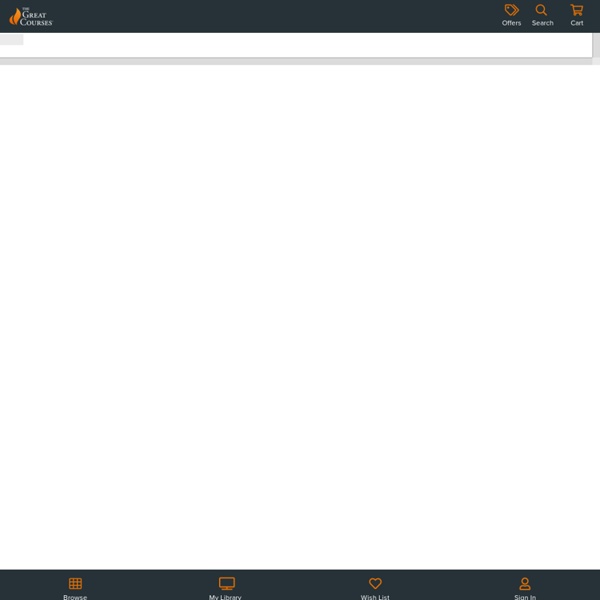



The Ultimate Self-Education Reading List A Bibliography for Lifelong Learning Enthusiasts If you want to know more about self-education, your best bet is to start reading. Over the years, I’ve kept a list the best self-education books and blogs. Now I’m sharing them in the hopes that you’ll find something new and maybe add a suggestion or two of your own. Use these resources to evaluate your education, find the tools and resources you need, and learn effectively on your own. If you know of a book or blog that should be added to the list, please leave a comment below. Theoretical Books on Self-Education Theory-oriented books examine education as a whole and provide the foundation of understanding that self-education advocates share when they examine issues related to learning. Deschooling Society (Ivan Illich) – A case for radical changes in the education system, including the disestablishment of traditionally structured schools and the development of more informal “learning webs.” Practical Books on Self-Education
Vinitrol - Official Website - www.vinotrol.com We want you to know that your comments are important to us—and based on our customer feedback, we are currently condensing our inventory to our best-selling customer favorites! As always, we are devoted to helping you live your best life with products that are among the most and effective and highest quality in the world. Please contact our expertly trained Product Specialists for help selecting a supplement that meets all your needs. APA Formatting and Style Guide Note: This page reflects the latest version of the APA Publication Manual (i.e., APA 7), which released in October 2019. The equivalent resource for the older APA 6 style can be found here. Please use the example at the bottom of this page to cite the Purdue OWL in APA. You can also watch our APA vidcast series on the Purdue OWL YouTube Channel. Note: For more information about services for the Purdue University community, including one-to-one consultations, ESL conversation groups and workshops, please visit the Writing Lab site. General APA Guidelines Your essay should be typed and double-spaced on standard-sized paper (8.5" x 11"), with 1" margins on all sides. Font The 7th edition of the APA Publication Manual requires that the chosen font be accessible (i.e., legible) to all readers and that it be used consistently throughout the paper. While the APA Manual does not specify a single font or set of fonts for professional writing, it does recommend a few fonts that are widely available.
The Art of Self-Education — Information, inspiration and resources for adult self-learners. John Ellis EasyBib: Free Bibliography Maker - MLA, APA, Chicago citation styles RaceBannon.com — Online Home for Race Bannon and Race Bannon Media Welcome To Alpha Publishing House